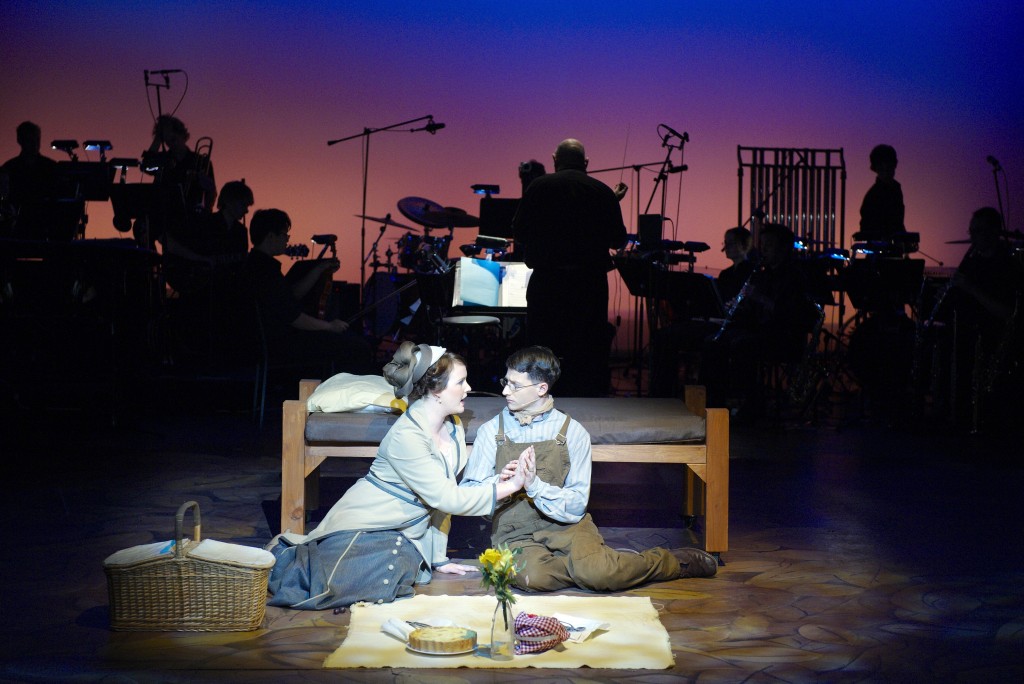His Majesty’s Theatre, Perth(Australia)
reviewed by Neville Cohn
Although the prime focus of pre-season publicity and advertising for Waiting for Godot was Sir Ian McKellen, (quite understandable bearing his huge celebrity in mind) it would be fair to say that on-stage honours were shared equally by the four main players. Indeed, having experienced a number of productions of Beckett’s masterpiece, each with its particular strengths (and weaknesses), I would unhesitatingly place this presentation at the forefront; it riveted the attention – and for all the right reasons.
I cannot too highly praise the skill which each of the players brought to the production; their ensemble was flawless. The four brought priceless skill to their acting.
As Pozzo, Matthew Kelly was superb, a towering figure (in both histrionic and visual terms) who came across as the apotheosis of cruelty, an incarnation of callousness, not least through his indifference to the plight of the unfortunate Lucky. The latter, played by Brendan O’Hea, gave the performance of his life. Literally bowed down by the weight of the heavy bags he carries, his hopelessness and defeat would surely have moved even the most indifferent of theatregoers. His death-like pallor and bedraggled, colourless hair made him wraithlike.
For almost all the time he’s on stage, Lucky utters not a syllable. But, when he does begin to talk, one could sense an almost palpable initial relief on the part of the audience willing him to have his say. But, as ever, when the luckless Lucky finally opens up, there’s a seemingly unstoppable torrent of muddled, incomprehensible verbiage, so much so that – and this invariably happens – one begins heartily to wish he had never opened his mouth.
As Estragon and Vladimir, McKellen and Roger Rees respectively were beyond reproach. A facial gesture here, a flick of the wrist there, a frown, a smile, a snatch of song and a softshoe shuffle, a chuckle, a sigh: these were the minutiae of a magically matchless offering where the impact of the whole was far greater than the sum of its constituent parts. Have audiences ever before encountered a more engaging couple of hobos than those given us courtesy of McKellen and Rees?
Young Craig Hyde-Smith did well as the messenger of the mysterious, ever-absent Godot.
During intermission, I overheard a playgoer bitterly complaining that Godot was a play about nothing. Perhaps so – but I’d any day watch this ‘show about nothing’ with its myriad subtleties and veiled meanings than the one George Costanza had in mind in the Seinfeld TV series.
Sean Mathias worked wonders as director. Lavish laurels to set designer Stephen Brimson Lewis for dreaming up an altogether appropriate visual environment for the playing out of Beckett’s masterpiece with what looked like the a dark brick wall of some huge industrial building as a backdrop with, on either side of the stage, a representation of a crumbling, double storied mansion with, stage centre, a tree, bare but for a very few leaves, all, for the most part, bathed in the curious, greyish-silver light design of Paul Pyant.




